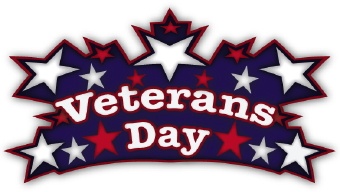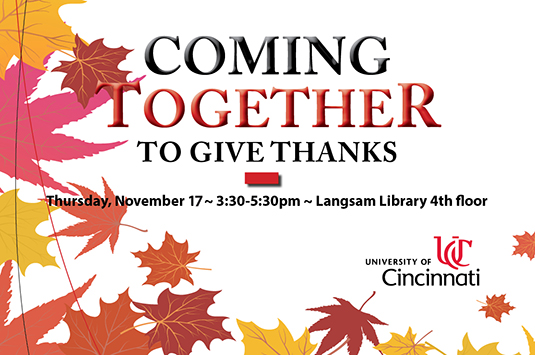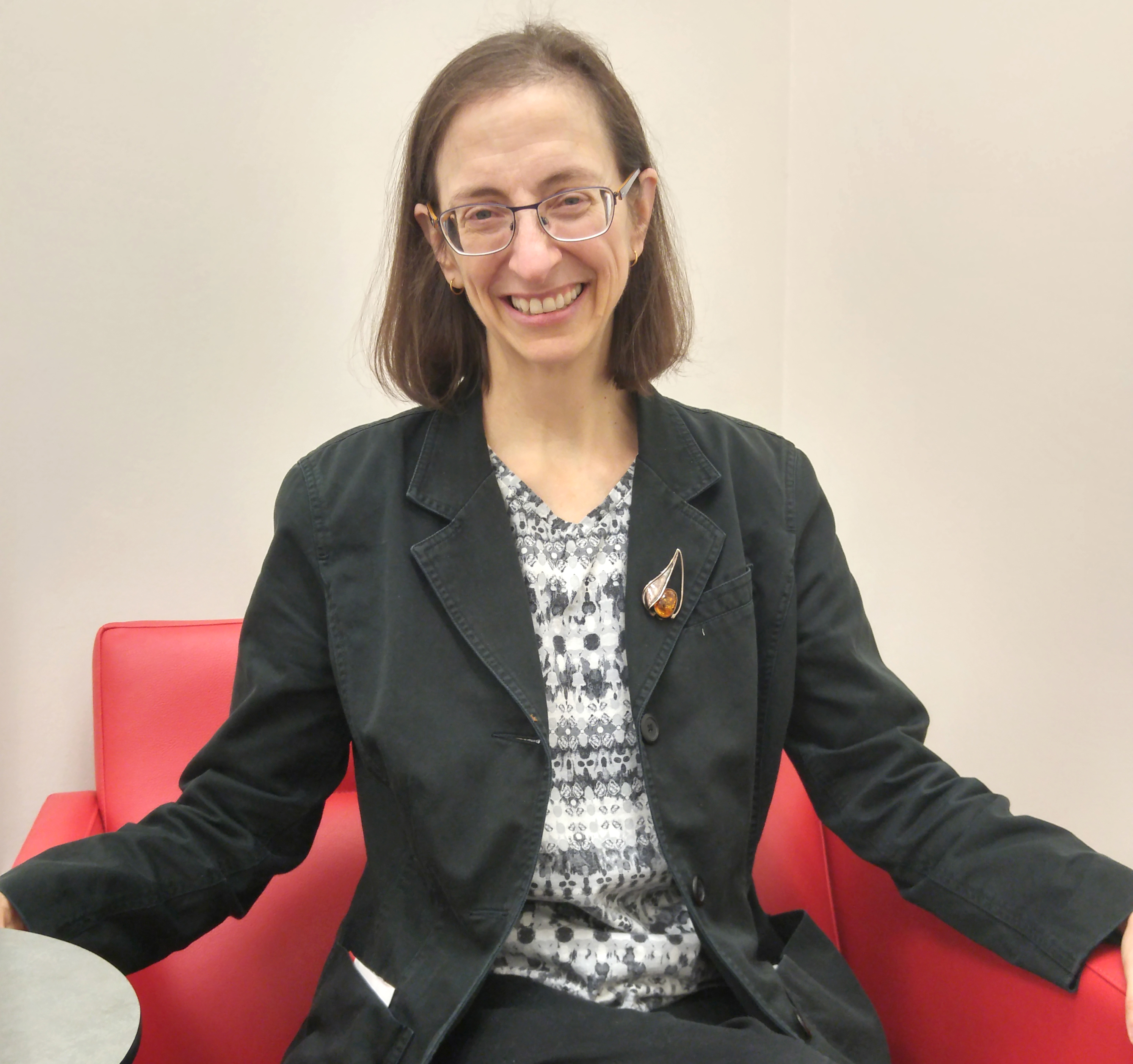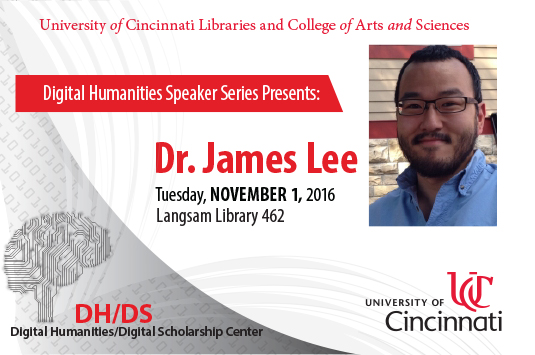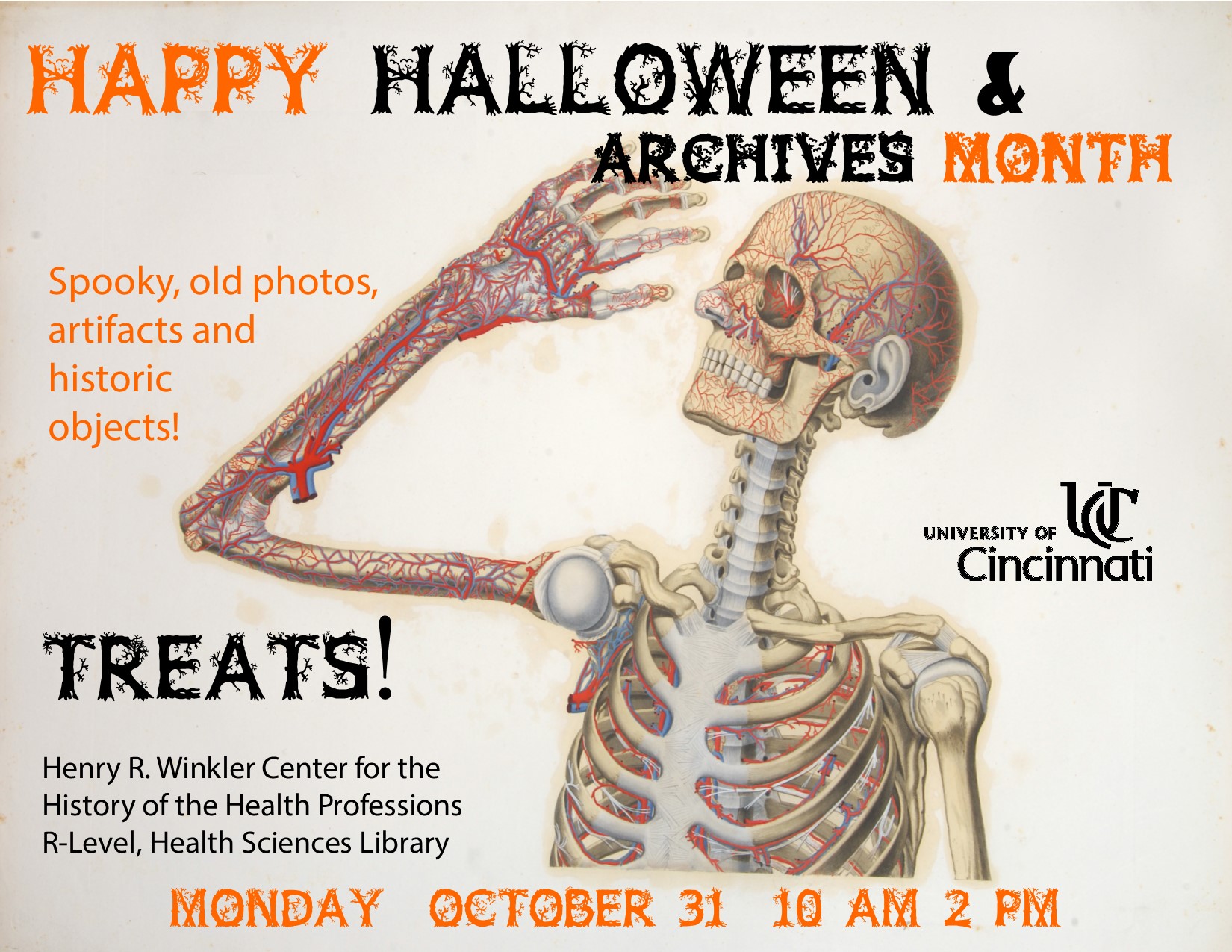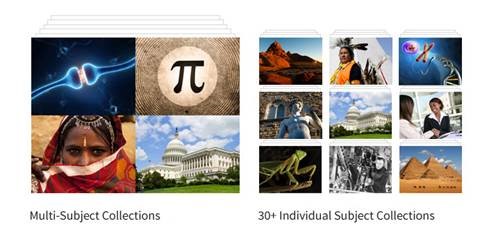Take a time out from studying with Triceracopter for some fun and creative activities on:
- Wed, November 30: 3:30 to 5:00 p.m.
- Thurs, December 1, 3:30 to 5:00 p.m.
Sponsored by Student Wellness Center, Campus Ministry at St. Monica-St. George and the Women’s Center.
Recharge, Refresh and Breathe
Need a BREAK! Reboot with a 10-minute session of deep breathing and gentle stretching. Studies show that mediation and yoga breaks are most effective at boosting productivity so join the circle, relax and get back to work with a fresh perspective.
Sessions will be offered by Kimber Andrews, Assistant Director of CET&L on:
- Tues, November 29 at 11 a.m., 1 p.m. 5 p.m. & 8 p.m.
- Tuesday December 6 at 11 a.m., 1 p.m. 5 p.m. & 8 p.m.
Victorian Gingerbread Village Coloring Banner
Bring some color to the gingerbread village banner.
- Begins Thurs, December 1, next to Starbucks.
Who Let the Dog In?
Take a break from your studies and come meet Dozer, Labrador in the K-9 Unit of UC’s Public Safety Department.
Mon, December 5: 11:30 a.m. and 1:00 p.m.



